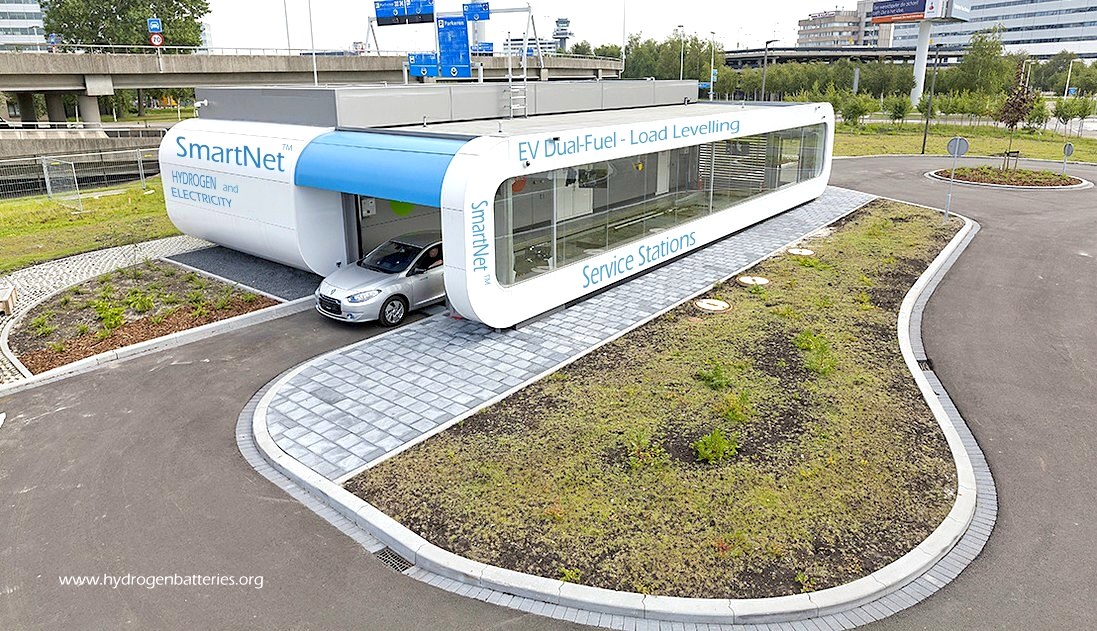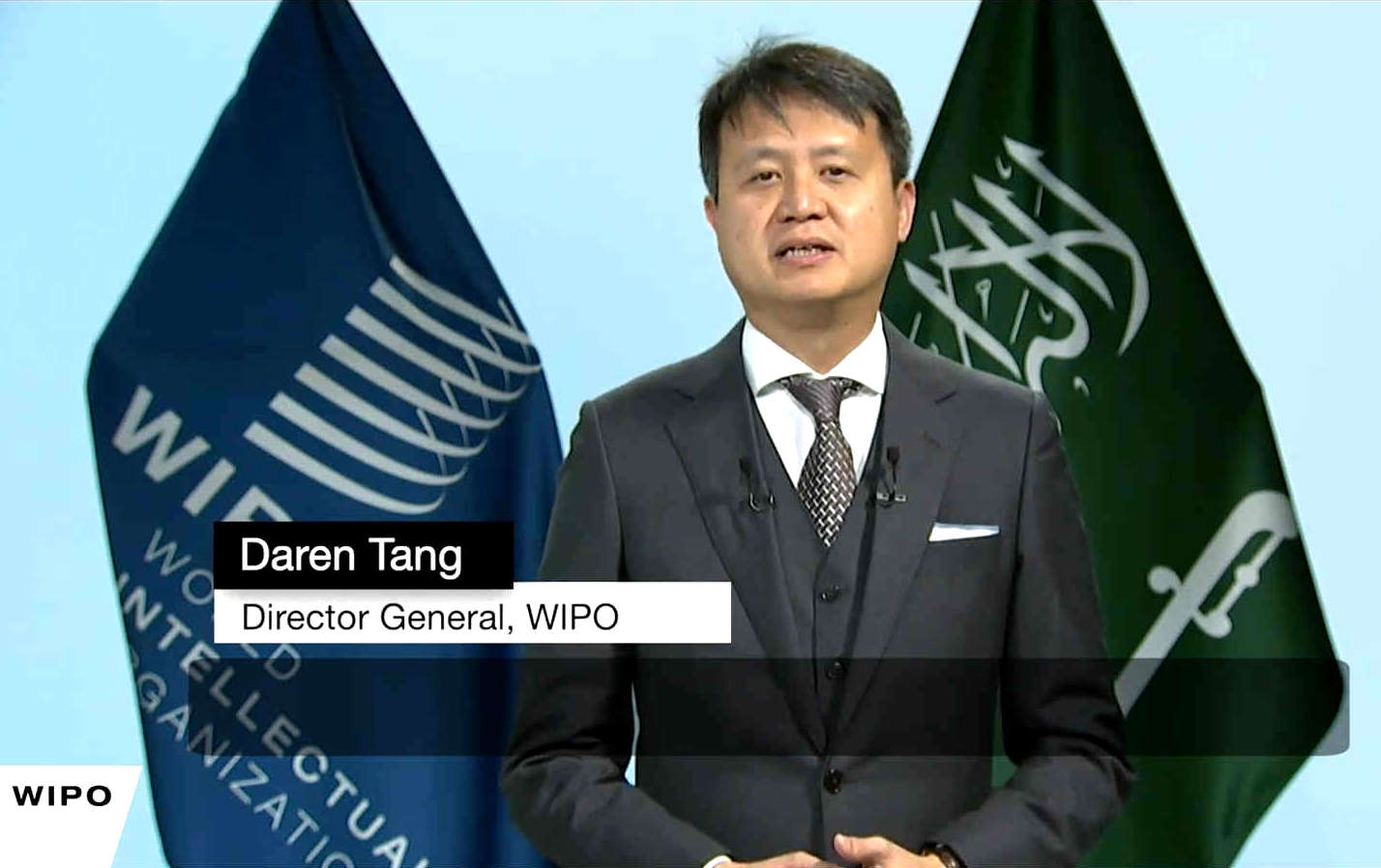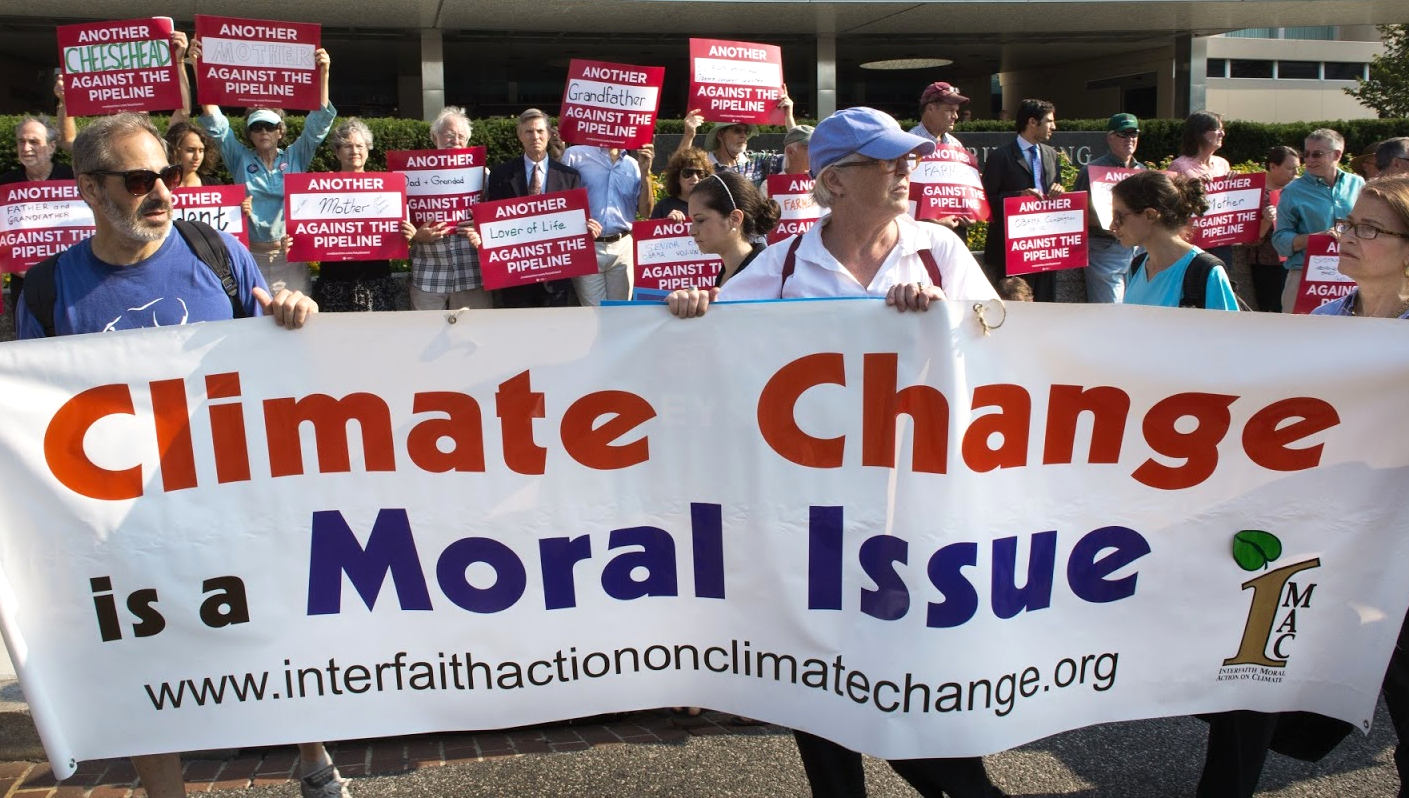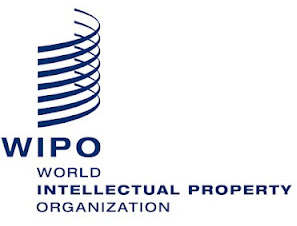|
WORLD INTELLECTUAL PROPERTY ORG.
Please use our A-Z to navigate this site, or see our HOMEPAGE
|
|
|
UN75 YEARS OF INACTION - Many wars have been waged over mineral rights and control of oil flow, used to power our internal combustion engine vehicles. Imagine a world where free energy form nature powers our vehicles, and every country has their own electricity supply, independent of fossil fuel imports. Energy security is a big step towards world peace. By way of example, SmartNet™ service stations might supply hydrogen for heavy goods vehicles, and electricity to rapid charge conventional battery vehicles. They also act as grid load-levelers for changeable wind and solar renewables. This kind of technology could free us from carcinogens in cities and reduces global warming. If we are to supply trucks and cars with energy, we need around 600,000 smart service stations globally before 2050, meaning mass produced flatpacks are necessary to reach such goal economically. At 2019 end, 470 hydrogen stations were operating worldwide, 1/1200th of what is required.
WIPO is an agency of the United Nations. If the United Nations were to pool resources, to accelerate climate cooling technology - we might stand a better chance of staying below the 1.5 degree target figure. This should have been a topic for COP26, but as the Foundation has only recently tabled the suggestion with the UK and WIPO in October 2021, the subject is unlikely to get an airing. Maybe it will make it to the agenda of COP27. But will that be too late. The simple answer is, it is probably too late already, at the rate the G20 are going, G being short for Greedy in the eyes of many concerned citizens of planet earth. The G7 being the worst offenders.
|
|
|
SMARTNET™ - Imagine being able to refuel with ammonia, hydrogen, methanol, or charge your battery at the same service station, all powered by renewable electricity. Imagine that robotrucks and robotaxis could use the same facilities without human intervention. Imagine that intermittent wind and solar power could be load leveled for greater efficiency and energy self sufficiency. That is SmartNet versatility - simply smarter. But without a change in patent law, to promote climate friendly tech, the Red Flag brigade win again. It's all about the money. Pity about the planet!
|
|
|
THREE EXAMPLES
1. SeaVax and the RiverVax variant, are examples of social inventions that could have provided a solution to plastic polluted rivers and oceans. The persons developing the concept for BMS and then the Cleaner Ocean Foundation were/are non-academic champions. Neither the individuals or the organizations could afford the fees for patent applications that would have explained to (for example) the G20 how the technology could have benefited them. Further investment by all parties concerned was deemed irrecoverable, both organizations having suffered significant losses in seeking to promote the technology (one being wound down to avoid further losses). Hence, SeaVax was shelved in the interests of self-preservation.
2. SmartNet™ is a load levelling service station for hydrogen trucks, cars, taxis and battery EVs, that may be modified for ports (for vessels such as in 3. below), designed to reduce global warming, that may not proceed, where the inventor(s) cannot afford patent protection under current legislation. Again, further investment is deemed irrecoverable as the patent/application/grant and renewals system stands.
3. The 'Elizabeth Swann' is a hydrogen vessel that cannot be operated effectively because there are no hydrogen facilities in ports around the world. Equally, the IMO, has not yet introduced regulations for hydrogen and fuel cell vessel design and construction, not thinking far enough ahead, or with the requisite speed, where they and the fleet operators they in fact represent (look after) were comfortable with diesel bunker fuels, that comfort being the enemy of clean tech progress. This example differs from 1. and 2., above in that it may benefit from commercial backing, and other opportunities and is thus not such a good example of tech that has little chance of seeing the light of day without patent cover.
IDENTIFIED PROBLEM
The identified problem is that policies are not in keeping with the need to incentivise low carbon technology invented by entrepreneurs of limited means.
The absurdly high cost of patent protection for budding innovative engineers, is a breeding ground for crime where their work may easily be stolen by big business, and reverse engineered. The patent system that is supposed to protect inventors, is actually working to defraud them. WIPO knows this, but so far refuses to adapt, indeed, it is alleged they endorse present 'brain-drain' policies - or so-called knowledge transfer - to advantage corporate theft as government supported policies, to underpin red, rather than orange growth. As some kind of intellectual property 'procurement-fraud' agenda.
This problem might be solved by the State, as the individual countries who are signatories to Patent Conventions, adopting a supportive mechanism whereby inventions may be applied for without the usual application fees and renewals, but with a Buy Now, Pay Later scheme (Apply/Grant now, Pay when Commercialized).
Engineers and think tanks, who might be the source of ideas that could blossom into zero carbon technology, do not get a look in, because of the exorbitant application fees, that are multiplied by the number of countries of cover. And of course, the ever present risk of having ideas stolen, without any effective remedy.
Whereas patents only have very short shelf life of 20 years. Hence, do not represent a sound investment, where competing concerns, such as the fossil fuel contingent, will seek to prevent new technology that devalues oil and gas, from seeing the light of day. Running patentees into the buffers. Meaning bankruptcy for those foolish enough to take on the establishment. What kind of reward is that from society?
EQUALITY FOR CHAMPIONS
The would be champions of climate cooling technology, faced with financial ruin, should they even contemplate pushing green technology against such odds, simply turn their attentions to something less debilitating. And who can blame them. But we need to encourage champions. We need to give them a route with light at the end of the tunnel.
It's easy to be a technology champion, when you already have sales and an R&D budget to develop commercially profitable technology. Not so easy fresh out of college or university, with no income, but the heart to give it a go. We are talking about equal rights for inventors.
The WIPO's Director General from 2020 is Daren Tang.
THE PROPOSAL
We need to change the patent system to promote innovation and time invested in development. Where time is money.
How?
1. We could extend the life of patents to 50 years. Since it could take that long for some technology to come to fruition - and it may well represent the entire working life of an innovator.
2. Green patents should attract fees in the normal way if they are from companies with profits from sales. But the same patent from an individual of limited means and no trading track record of sales, should be accepted and processed free of charges - by way of an exemption. This would have to be means tested, with other checks to prevent fraudulent applications from suspect entities, and suitable declarations from the applicant(s).
3. Patents would remain in force, with no fees payable, until licensing generates fees and/or operations. At which point the application and renewal fees would be repaid from such income. Not unlike the student loan system in the UK, that allows people to gain knowledge, and pay later.
4. There should be a simplified filing system for Green patents, such as to remove complications for applicants, by way of a single filing in any country in the world.
EXAMPLE 2.
The SmartNet™ system is an ideal candidate for exemption, because the Foundation developing it is a not for profit organization, that would like to champion the system, but has no financial, hence legal muscle, to back up their know-how. Hence, the development of the system falls at the first hurdle. Further time invested would thus be a waste, where there are other climate problems to look at (such as 3.), where commercial backing is a possibility.
Logically, innovators will abandon ideas where no hope exists, in favour of concepts that may blossom in the commercial world we inhabit.
But, armed with a patent, a champion has something tangible to promote. Anyone partnering to develop the technology, has solid protection, to enable them to invest with confidence. As and when the system goes into production, the Countries (Governments), who effectively sponsored or invested in the development of the technology, are repaid.
Not only do the fees come back, but the world benefits in real terms with a potential solution to climate pollution from road transport, and where sited close to ports, that may also include shipping.
CLIMATE
CHANGE and INTELLECTUAL PROPERTY
"Addressing
climate change is dependent on economic growth that works with, rather than
against the environment. Innovative green technology solutions can help by
allowing us to do more with less – be it alternative energy production, energy
saving, or greener forms of transportation, agriculture and forestry.
The
WIPO claim that their Global Challenges program works with multiple stakeholders
to address these challenges, with a particular focus on:
- Contributing IP expertise to UN and other public policy fora where IP and innovation are discussed in relation to climate change.
But that does nothing to address the underlying inequality of the patent system - and many regard this as window dressing. Paying lip service to the concept of adapting policies to combat climate change.
DIRECTOR GENERAL
The Director General of the World Intellectual Property Organization in 2021 is Daren Tang. WIPO is a self-funding agency of the United Nations, with 193 member states and upwards of 1,000 employees.
LEGAL,
BUSINESS & ENVIRONMENT
CONTACT
WIPO Headquarters
LINKS & REFERENCE
https://www.wipo.int/portal/en/index.html https://www.wipo.int/portal/en/index.html The Patent System and Climate Change - JOSHUA D. SARNOFF - Virginia Journal of Law & Technology https://www.wipo.int/policy/en/climate_change/ https://www.jstor.org/stable/44633536 https://www.jstor.org/stable/44633536 https://www.wipo.int/policy/en/climate_change/
|
|
|
ACID OCEANS
...
GLOBAL WARMING
...
PLASTIC POLLUTION
...
|
|
|
Please use our A-Z INDEX to navigate this site, or our HOMEPAGE
|
|
|
This website is Copyright © 2024 Climate Change Trust & Injustice Alliance The views, performance reviews and opinions of the Trust are protected by Articles 18 and 19 of the Universal Declaration of Human Rights.
|




